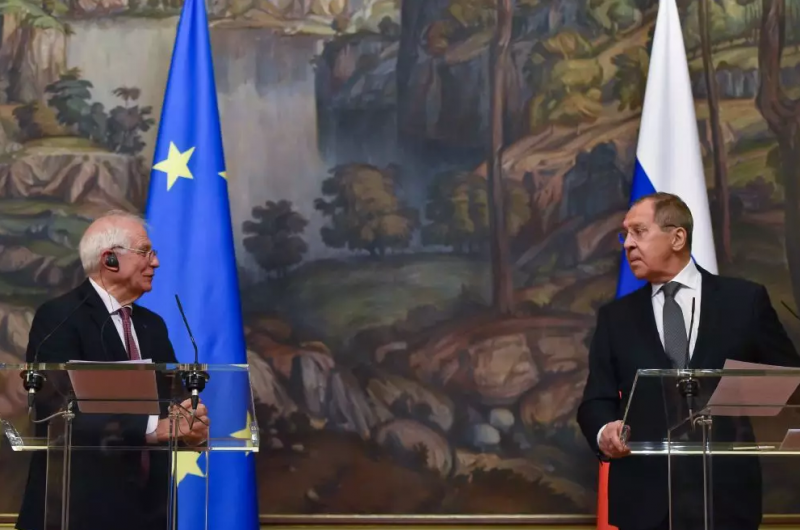
European Union: Diplomats in the European Union continue to haggle over a price to put a cap on Russian crude exports, and it is speculated that they will eventually come to an agreement.
However, there is a growing sense of urgency to get the deal done as restrictions are set to begin on Monday 5 December. And the question arises, what if they are unable to reach an agreement in time?
In that case, the sanctions would start to take effect. Given how tough these measures appear to be for Russia's exports, this will probably be bullish for oil.
Also read: RBI to unveil the first pilot project of retail digital Rupee on Dec 1
One of the main goals of the price cap, which was created as a sort of off-ramp from tough European sanctions, is to keep Russian oil flowing.
In the event that the talks fail, it is believed that businesses moving Russian oil anywhere in the world will not have access to European or British insurance.
Also read: Third consecutive quarter of losses for Hong Kong's Exchange Fund
Theoretically, European oil tankers, including the vast Greek fleet, could deliver barrels to Moscow. But a significant barrier to trade is the lack of insurance.
The US-proposed cap, which the Group of Seven agreed to in principle earlier this year, aims to reduce and soften those rules.
Also read: Taiwan's economy is in a "softening phase," but China's problems won't be solved quickly
Companies that can demonstrate they paid less than the required amount for Russian oil will be allowed access to shipping, insurance and other critical services. If you overpay, neither the Greek fleet nor insurance from Europe or the UK will be available.
The International Group of P&I Club in London handles 95% of cover for oil spills and collisions, so the UK is important.